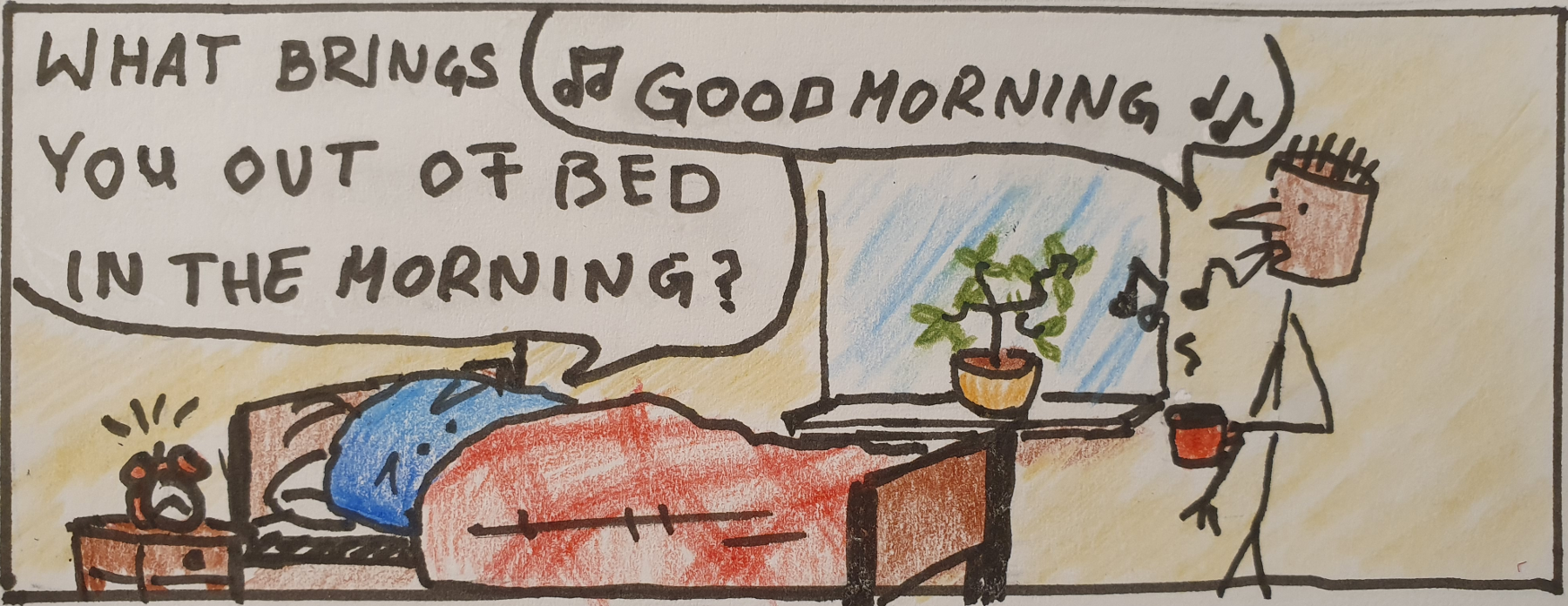
Start with why?
What does Simon Sinek mean when he says start with why? What why is he referring to? I have heard some different interpretations of this lately and wanted to see if I can clarify the concept. In this case the main question was if we should try to understand our why (Why we get out of bed in the morning and do the things we do) or our customers why (why do our customers buy our products) and I want to argue that it is the first one that matters most.
If you are not familiar with the video, it was published in September of 2009 at the TED.com website (https://www.ted.com/talks/simon_sinek_how_great_leaders_inspire_action).
Consider the sentence "I sell cat sandboxes". They have IoT sensors, and machine learning and an app that alerts the owner when the cat made something nasty, because I love to make life easy for cat owners. Compare that with "I love to make life easier for cat owners". I do that by combining IoT sensors, machine learning and apps to keep the owner updated on their cat. My first product is a cat sandbox.
In the first sample, the prospect hears "I sell cat sandboxes" and think if they know anyone that might need a cat sandbox. Even though they might know some cat owners, they will probably think that their cat owning friends are happy enough with their current sandbox and if they are not by them selves in a current need of a cat sandbox they will ignore you and the rest of your message. Now, consider the second sentence "I love to make life easier for cat owners". Now you got my attention, because even if I do not have a cat, I most certainly know someone who own one. And what ever you have to say might be something I can recommend. And if you do not have something, I want to buy I might have some other question about cats or products for cats, that will give you a golden opportunity to sell or serve me anyway.
Breaking down this text we se the following elements:
The misconception I ran in to was that the WHY should be "why the customer want to buy our product", while listing all the benefits under the HOW. Because was perceived as the most differentiating and interesting to hear to convince the client. But that still does not build the initial interest to hear more of what you have to say. If I start by saying "I use IoT sensors, machine learning and apps", would you like to buy my cat sandbox? There are still plenty of businesses out there that make automated smart sandboxes. Why should I pick yours? Because I am passionate about cat owners. We could try some other why to see how that change the perception of the sale.
All valid whys, but different people will be interested, and they bring a completely different message to the client and you imagine the product very differently depending on the initial message. The imagination, the story and your reason for doing what you do is the key that will either make the potential customer eager to listen or to run away. Who cares about cat sandboxes? I could just put the sand in a plastic bag on the floor, so the reason you care will reflect back on me and make me realize that this is something that I should care about as well.
If you define your business as a tech company making sandboxes you will also have more problem in your general marketing, because few of the people looking for tech solutions have cats. It is much more likely that cat owners are interested in cat sandboxes than your average techie.
The WHY is also used to validate your decisions. If you want to build a new product, you will make a different decision if it is based on tech then if it should be to enhance the experience of cat owners. A product based on tech might have an entirely new audience but a new product for cat owners still have the same target audience in mind. This will also strengthen your position in the market, as you prove again and again that you follow what you believe in. This will make you more believable, thus more trustworthy which leads to more sales.
To conclude this post, always think of what the customer is looking for. Not in the sense of features, but what they need to believe about you to trust you enough, to buy your product.
- why, marketing, business